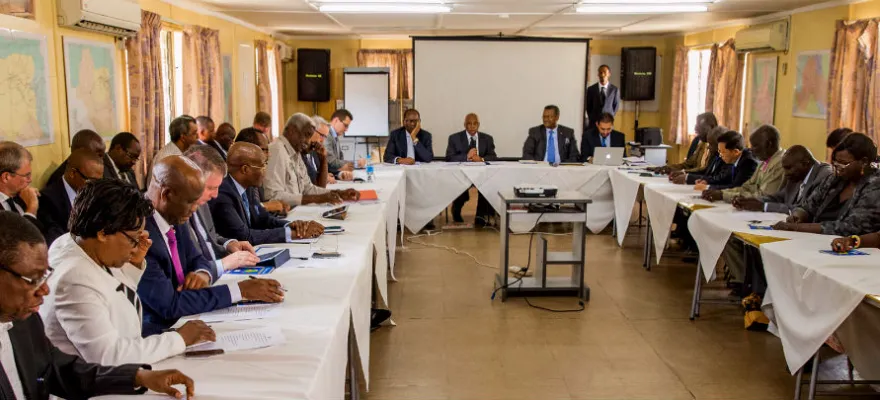Introduction
Years of conflict in South Sudan have resulted in widespread acts of conflict-related sexual violence (CRSV) in the nation, especially against women and young girls. The devastating effects of this issue are usually physical harm, psychological issues, and in many cases death of the victims. Despite the peace agreement signed by the political leaders and efforts taken to stop the conflict and the crimes, CRSV is still one of the most prevalent issues in the country. The South Sudanese government and opposition leaders signed the Agreement on the Resolution of Conflict in South Sudan (ARCSS) in an attempt to stop the fighting. However, conflict resumed in 2016, rendering the agreement temporary. The Revitalized Agreement on the Resolution of Conflict in South Sudan (R-ARCSS), signed in 2018, included three important components related to transitional justice and peace. The first element is the establishment of a Truth, Reconciliation, and Healing Commission, which is critical for promoting peace. The second component is the creation of an independent hybrid court to hold accountable those who violated national and international laws. The third element is the Compensation and Reparation Authority, which will provide financial and material assistance to those who suffered losses in the conflict.[1] Although this agreement is viewed as a significant move towards peace in the country, it has yet to fully execute its mandates due to the prevalence of conflict-related sexual violence.
Continue reading
